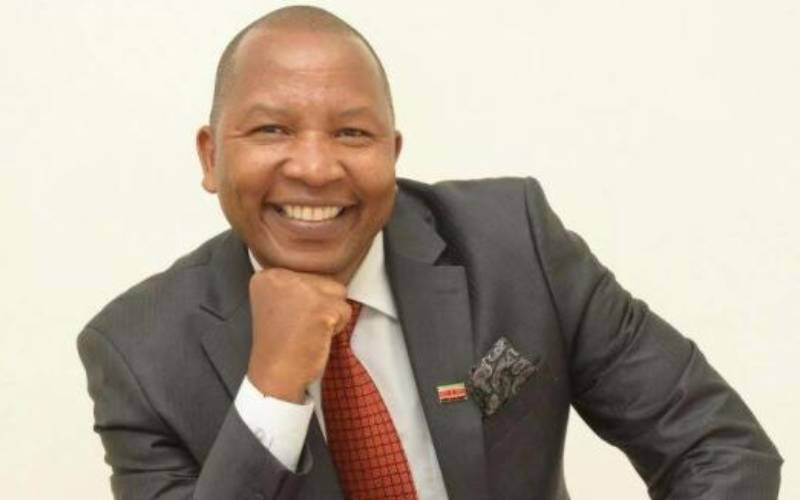×
The Standard e-Paper
Join Thousands Daily

Many who saw Dr Paul Kibicho as a child wouldn't have imagined he'd become the person he is today.
Born to peasants, his family lived under the shamba system where the government allowed the poor to engage in subsistence farming on its land.